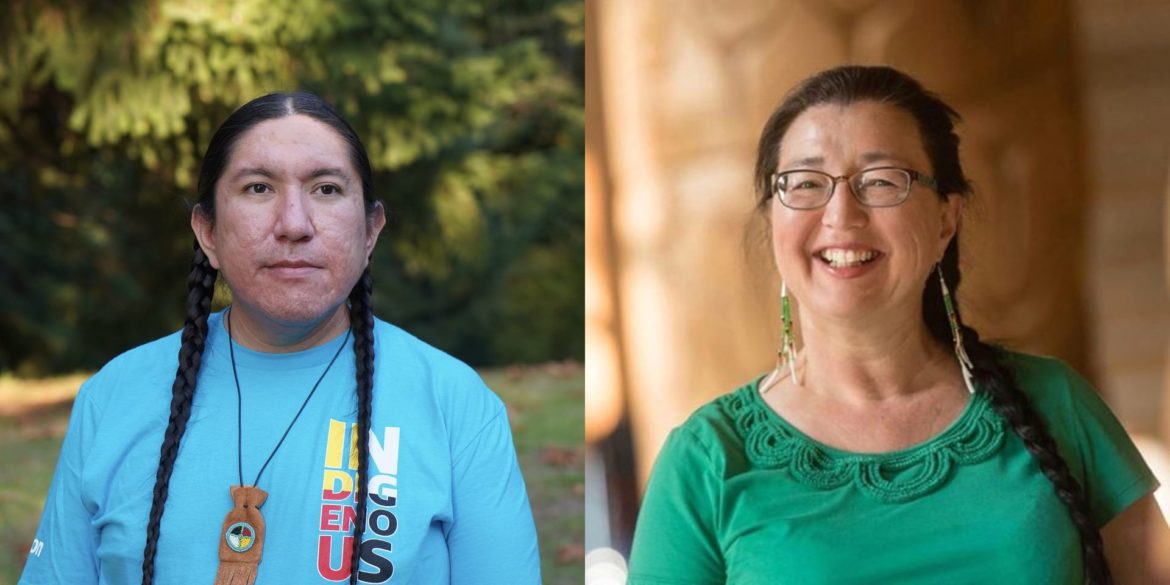“Sacred Data and AI: An Indigenous Perspective” was recorded May 11, 2021, at an EFF-Austin meeting featuring Michael and Caroline Running Wolf.
Michael Running Wolf was raised in a rural village in Montana with intermittent water and electricity with grandparents who only spoke their tribal languages, Cheyenne and Lakota. These languages, like many other indigenous languages, are near extinction. It is through this lens, combined with his Masters of Science in Computer Science and professional experiences with Amazon, IBM, AT&T Wireless and Lawrence Livermore National Lab that he found his true passion: endangered indigenous language revitalization using XR (AR/VR) technology. Michael now works to strengthen the ecology of thought represented by indigenous languages through the intersection of Virtual / Augmented Reality and Artificial Intelligence.
Caroline Running Wolf (Apsáalooke), née Old Coyote, is a multilingual Cultural Acclimation Artist dedicated to supporting Indigenous language and culture vitality. She is currently pursuing her PhD in Anthropology at the University of British Columbia in Vancouver, Canada. Her research explores potential applications of immersive technologies (AR/VR/XR) and artificial intelligence to effectively enhance Indigenous language and culture reclamation. She is also passionate about Indigenous data sovereignty and AI ethics.
This talk is an introduction to the intersection of revitalizing sacred knowledge through New Media and exploitation of this data. For centuries Indigenous Peoples of the Americas have resisted the loss of their land, technology, and cultural knowledge. This resistance has been enabled by vibrant cultural protocols, unique to each tribal nation, which controls the sharing of, and limits access to sacred knowledge. Technology has made preserving and presenting this information in new ways easy, but there is a tension between reigniting ancient knowledge and mediums that allow uncontrollable exploitation of this data. New Media opens a new path for revitalizing and sharing heritage, but creating Indigenous cultural experiences requires special care to avoid exploitative behavior.


